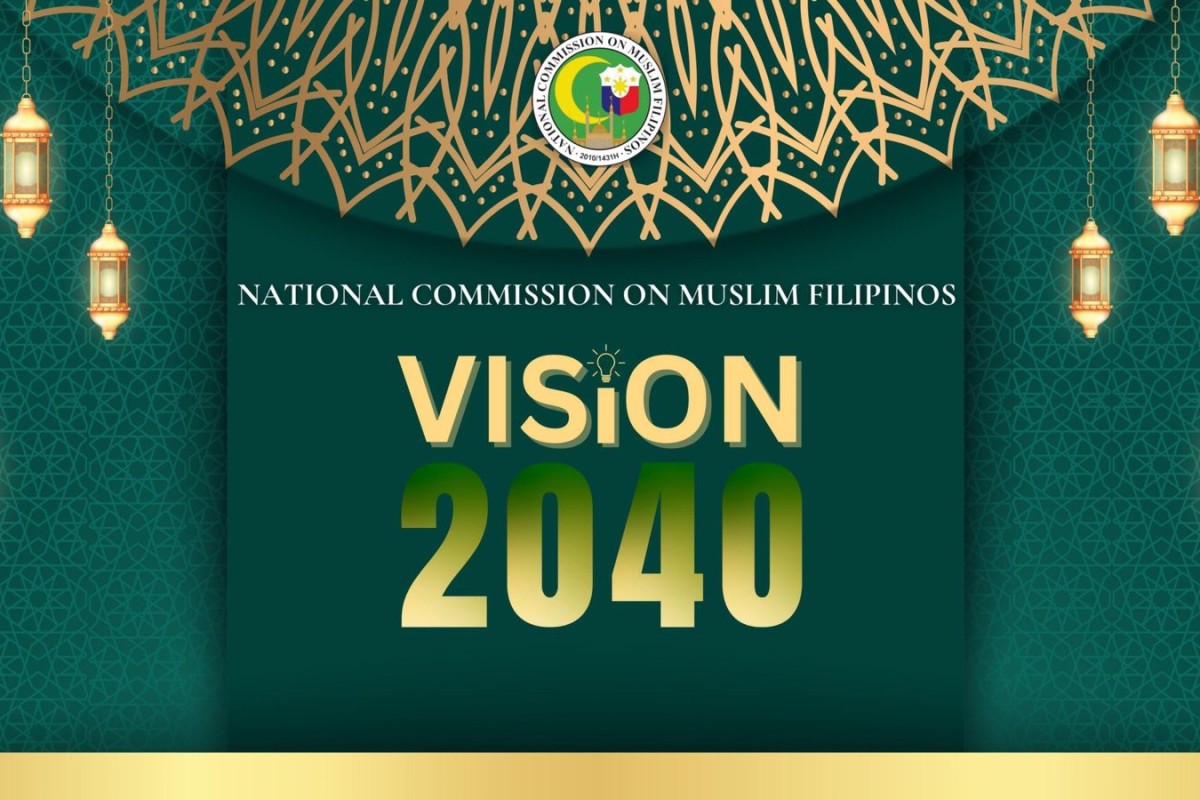The National Commission on Muslim Filipinos (NCMF) has embarked on an ambitious plan to develop resilient Muslim communities that are socially, economically, and culturally empowered. Central to the NCMF's vision is addressing the long-standing needs of Muslim Filipinos, such as living in a drug-free, crime-free, and poverty-free society, to achieve national progress. To achieve this, it will focus on its three major programs – Hajj, Halal, and Shari'ah.
The Commission is taking an innovative approach by forging networks and cooperation with the Organization of the Islamic Cooperation (OIC) countries.
On August 16, 2023, the NCMF unveiled its proposed economic mission, a vital component of the NCMF Vision 2040. These economic missions are set to be conducted in four legs, with the first leg taking place in Malaysia, Brunei, and Indonesia, followed by the Middle East countries in the second leg. The third leg will include Europe, and the fourth will be in the United States of America, followed by East Asian countries such as South Korea, Japan, China, and Taiwan.
Hassle-free Hajj
The NCMF is committed to improving Philippine Hajj operations, which it is entrusted with by law. The Post-Hajj Assessment Activity conducted after the 2023 Hajj showed that the 2023 Hajj operations were successful compared to previous Hajj missions. In line with this, the Commission has officially announced the commencement of the 2024 Hajj Operations. It will implement further enhancements, such as the guidance of the Hajj Manual, the creation of the Hajj Legal Team, the strengthening of electronic processing, special Hajj Lanes at the Bureau of Immigration, and advance issuance of Hajj visas.
The Philippine Hajj Operations have set a new standard for pilgrimage operations by introducing innovative measures such as Hajj Special Lanes, advance issuance of Hajj visas, and digitalization of Hajj registration. The NCMF has also ensured the effective delivery of services in Saudi Arabia during Hajj through committees, help desks, and anti-Muqeem measures.
The NCMF is dedicated to continuously enhancing the Philippine Hajj operations, ensuring the safety and comfort of all pilgrims. The Commission expresses gratitude to the Kingdom of Saudi Arabia for allowing Muslim Filipinos to perform the 5th pillar of the Islamic faith in the Holy Land and for the compassion shown through well-arranged facilities, ensuring a true Hajj Mabroor for all. The NCMF remains steadfast in its commitment to the welfare and empowerment of Muslim Filipinos and the promotion of national progress.
Domestic Halal production
Halal refers to a set of religious laws that govern the production and consumption of food and products following Islamic principles. Halal products are those accessible from impure or haram ingredients, including pork. For meat to be considered Halal, the animals must be healthy and slaughtered by a Muslim who pronounces the name of Allah before the act or according to Islamic Law.
The scope of Halal certification, however, extends beyond food and drink. It encompasses other sectors such as finance, cosmetics, and pharmaceuticals. The demand for halal-certified products has been steadily increasing among Muslim consumers and non-Muslims, who are becoming more conscious of their food and drink choices.
Halal food is a religious value and a standard for hygiene and health. In the Philippines, the National Commission on Muslim Filipinos (NCMF) is the government agency responsible for promoting the Philippine Halal industry, accrediting halal-certifying entities, and developing regulations and guidelines for Halal certification. The NCMF Halal Modules are standard reference material for conducting capability building for halal stakeholders.
Furthermore, the NCMF is focused on developing halal agro-industrial hubs across the country to produce halal food and non-food products for local consumption and exportation while creating jobs and livelihoods for Filipinos. The agency is also implementing programs to organize Muslim Micro-Small Enterprises/Traders engaged in halal productions and providing awareness and training programs for compliance with local and national laws. The NCMF is committed to supporting the growth and development of the Philippine Halal industry, which is a religious responsibility and a significant contributor to the country's economy.
Integration of Shari'ah to Mainstream Legal System, including Islamic Banking
The NCMF continued conducting Shari'ah training in partnership with the Supreme Court. The NCMF aspires to transform the lives of disadvantaged Muslim Filipinos by ensuring they get the proper support to succeed in the Shari'ah Bar examinations so that producing Shari'ah professionals will pave the way to a more inclusive society.
Through continuous coordination with the Bangko Sentral ng Pilipinas and Asian Development Bank, the NCMF actively participates in how Islamic banking can be operationalized in the Philippines. The NCMF sees vast potential in the operationalization of Islamic banking as it will provide the impetus for the employment gap among Shari'ah counselors/lawyers and Muslim Filipinos as they operate the Islamic banks established in the country.
As President Ferdinand Romualdez Marcos Jr., aptly said, “Every Filipino has a part to play in our nation’s journey to prosperity”.
President Ferdinand Romualdez Marcos Jr. reminds us that every Filipino plays a vital role in our country's journey towards progress. Collaboration among the government, private sector, and civil society is crucial to achieve the NCMF Vision 2040. It is important for all stakeholders, including the legislative branch, to work together and uphold the mandates of the NCMF. Let us unite and strive towards a brighter future for our nation.




